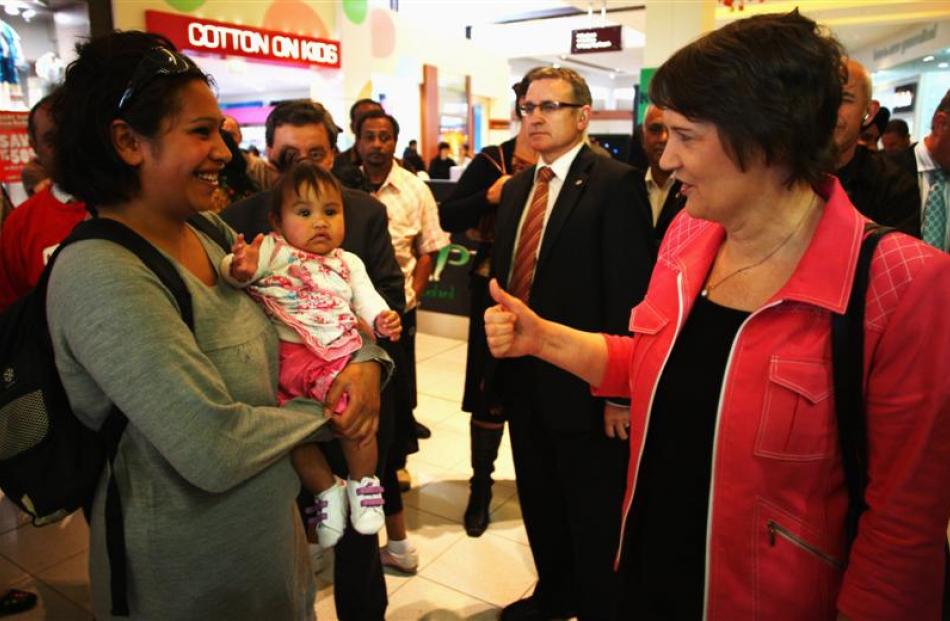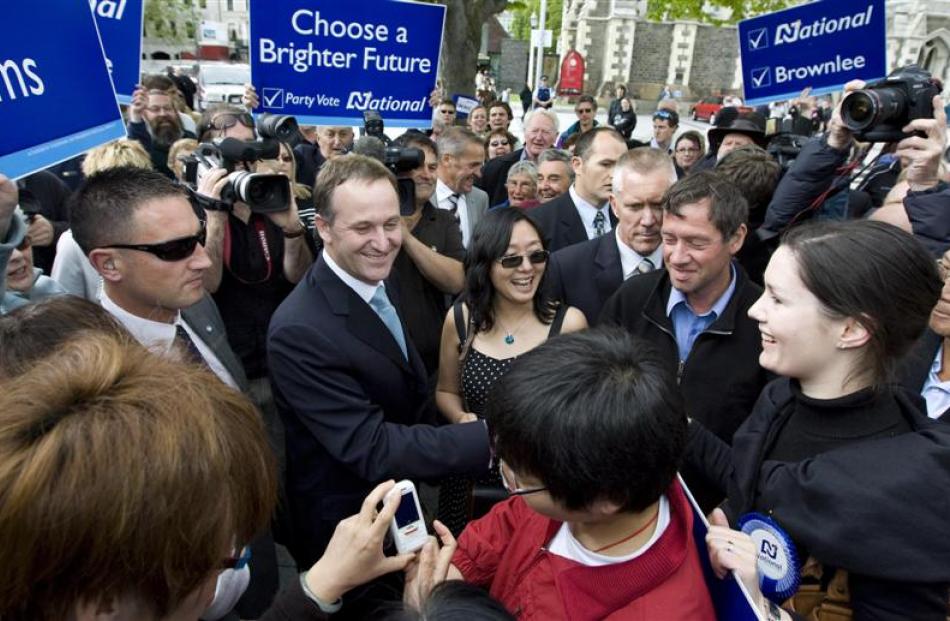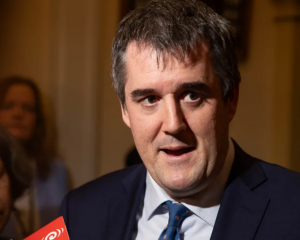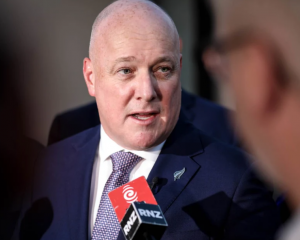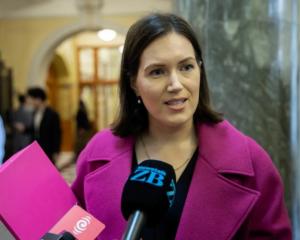Expect National to win the election tomorrow in a canter as electors vote for a change after nine years of a Labour-led administration.
Labour was wounded by the economic crisis and by its failure to capitalise on some of the good economic data that came out during the campaign, despite the global financial meltdown.
But there are some obstacles in the way of the comprehensive victory expected by most pundits, not least the 17% to 20% of voters yet to make up their minds.
Swinging voters are going to veer away from Labour and probably to National, but the minor parties will still have a role to play when the numbers are being counted on Sunday.
The major obstacle will be whether National and allies Act New Zealand and United Future can win enough party votes between them to form a government without the help of the Maori Party.
The Maori Party was earlier in the campaign looking as though it would cruise to victory in all seven Maori electorates, but the contest has become much tighter.
Retaining the four seats, and with an increased party vote, would reduce the overhang of seats in Parliament, making it an easier job for National Party leader John Key to get to the 61 or 62 seats he would need to lead the next government.
The mood for change is prevalent throughout the country, and despite a strong start to the election campaign by Helen Clark, Labour seemed to lose its enthusiasm to push ahead.
Labour did receive some help, even in times of the global financial crisis.
The Reserve Bank reduced its official cash rate substantially during the campaign to provide some hope to mortgage-belt New Zealand that home loan interest rates were about to fall.
Fuel prices have also fallen substantially in recent weeks, although food costs and electricity prices have stayed high.
But Labour has not done enough to build on the gains that fell into its lap during the campaign.
The Prime Minister was left talking about policies she would have announced if the global crisis had not happened.
National kept rolling out policies it said were fully funded from the Pre-Election Fiscal Update, and no-one challenged that assumption.
Whether National could deliver on its promises needs scrutiny.
Chances are strong that as the economic situation deteriorates, a National-led government would pull back on some spending, although tax cuts on April 1 would be expected to remain.
Miss Clark caught Mr Key napping by announcing the first stage of the bank deposit guarantee scheme but was then left playing catch-up as Mr Key used his money market experience to suggest further security.
He then offered bipartisan support to the Government for any further measures.
Times have been good for eight years and New Zealanders want them to stay good. That is why National will command the most votes tomorrow night.
The party will also take some electorates that Labour held against the odds last time, such as Otaki, Rotorua and Hamilton West.
The election in the United States of Barack Obama was seen as a good sign by both Labour and National.
For Miss Clark, Mr Obama's election was seen as a rejection of right-wing ideologies and theories. For Mr Key, the election was one of change and that was the message he promoted yesterday.
Signs in Auckland are that Maori and Polynesian voters are deserting Labour on the party vote.
The Maori Party and former Labour MP and now New Zealand Pacific Party leader Taito Phillip Field could hurt Labour's re-election chances.
While Mr Field might not retain Mangere, he and other Pacific Party candidates might get enough votes to leave Labour relying on the traditional blue-collar strongholds of Dunedin South, Dunedin North, Christchurch Central and seats in West Auckland.
Both Dunedin South and Christchurch Central have new Labour candidates and both were selected in acrimonious circumstances.
Dunedin public relations consultant Clare Curran replaced three-term MP David Benson-Pope, and Labour Party employee and former Kaikoura candidate Brendan Burns won the race to replace retiring MP Tim Barnett.
The Dunedin South party vote has ranged between 18,000 and 20,000 in the last three elections.
If that slips this time, along with similar slippages in other longtime Labour strongholds, Miss Clark would have no show of forming the next government.

